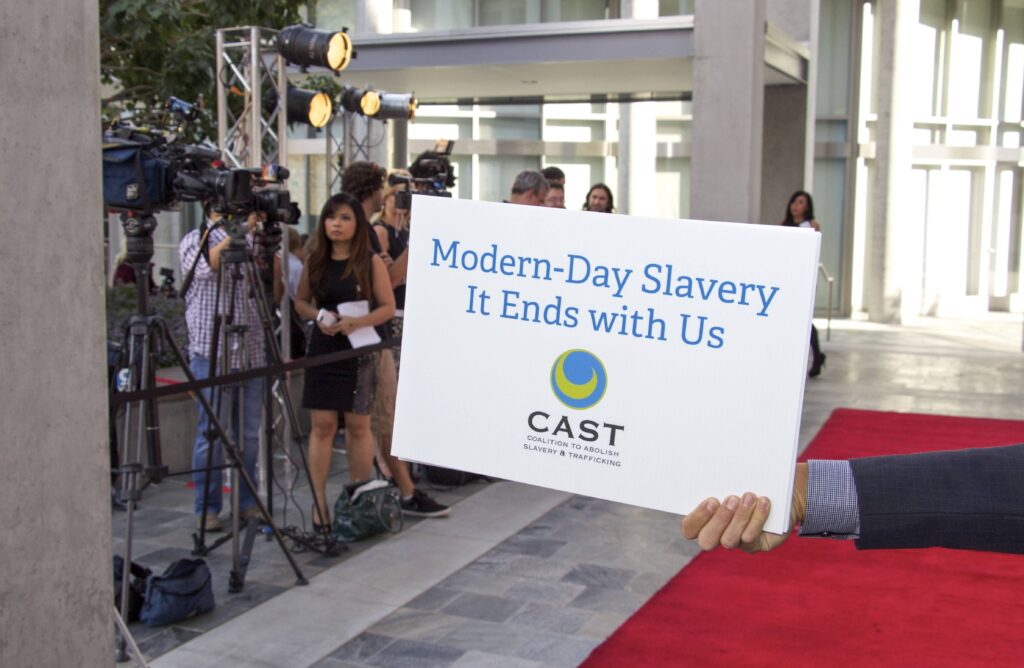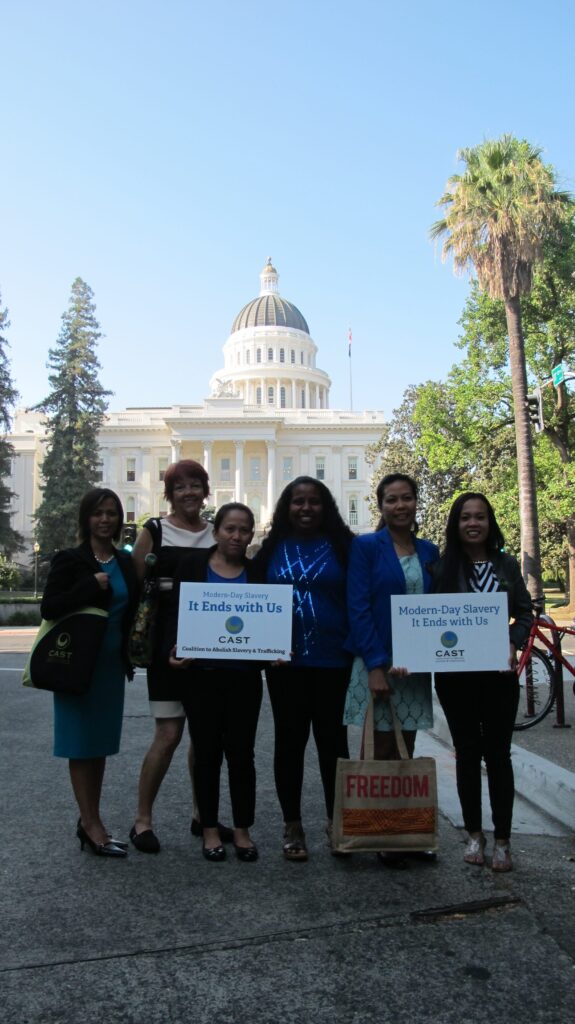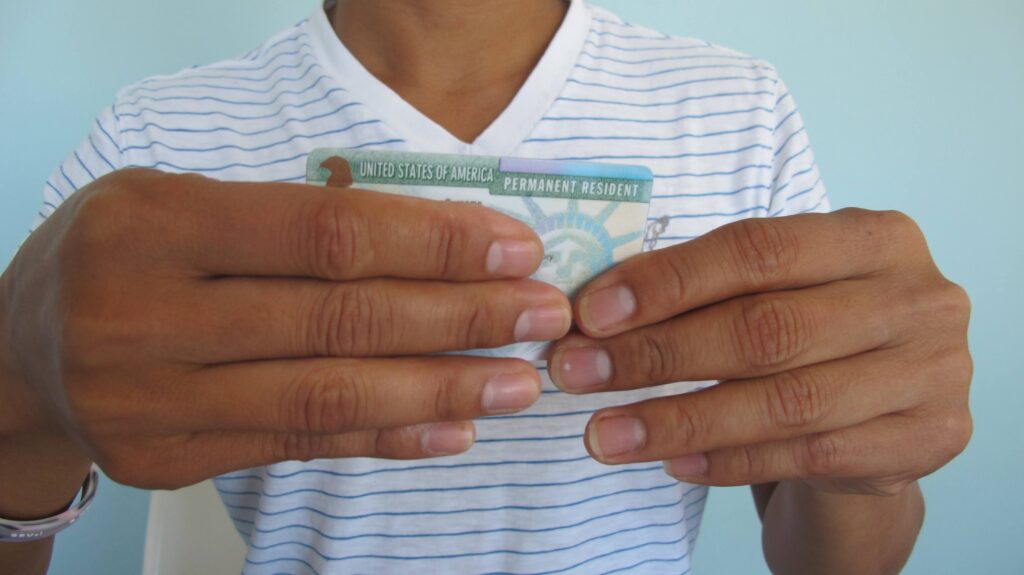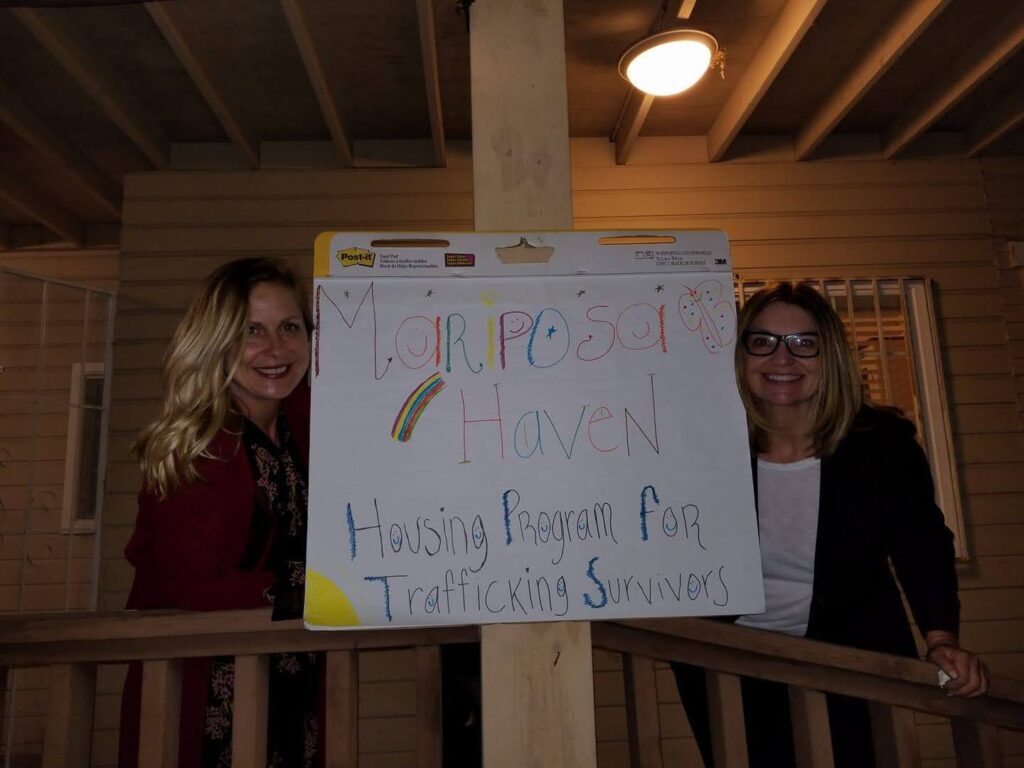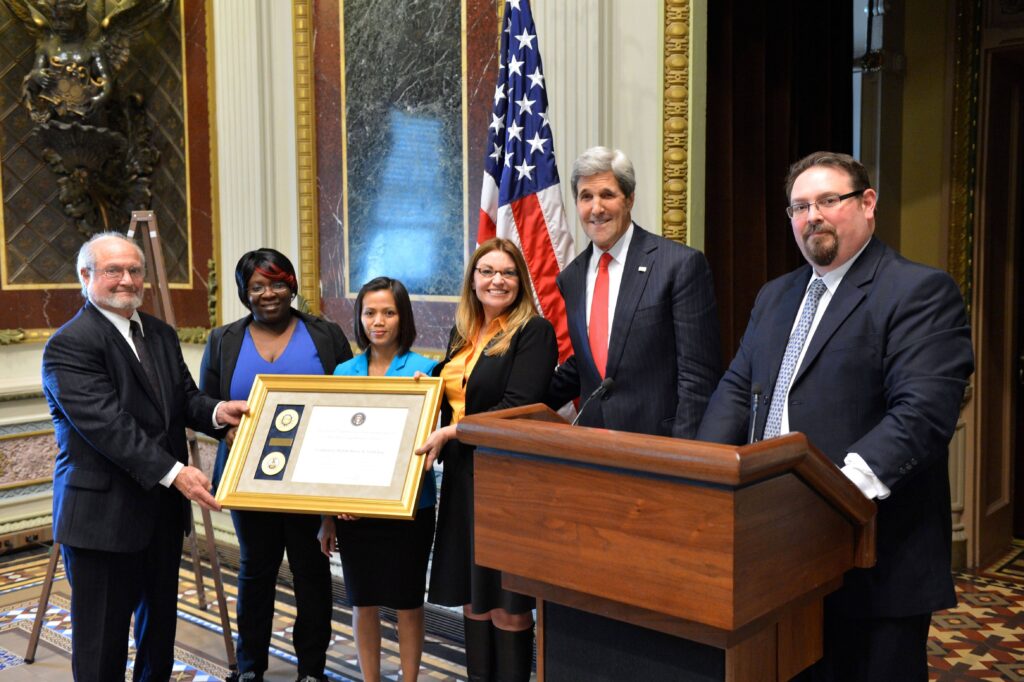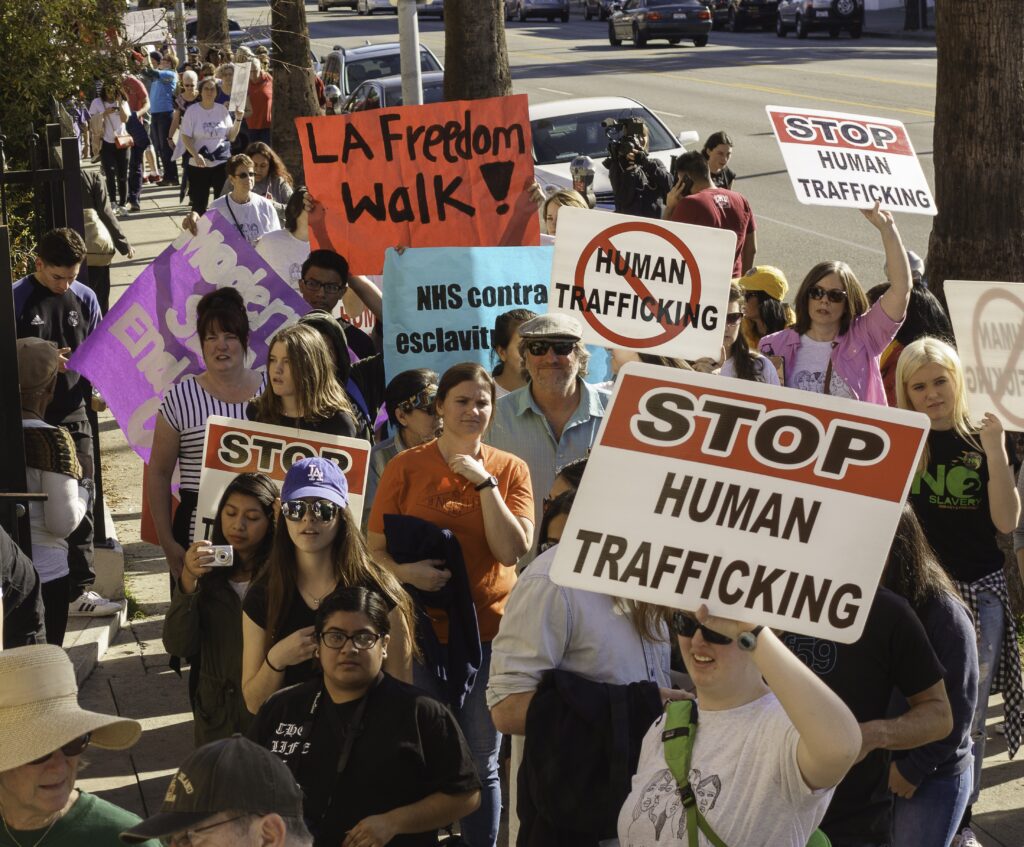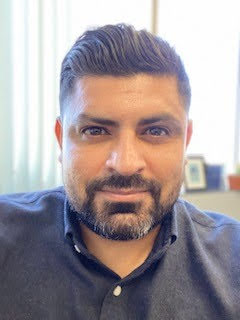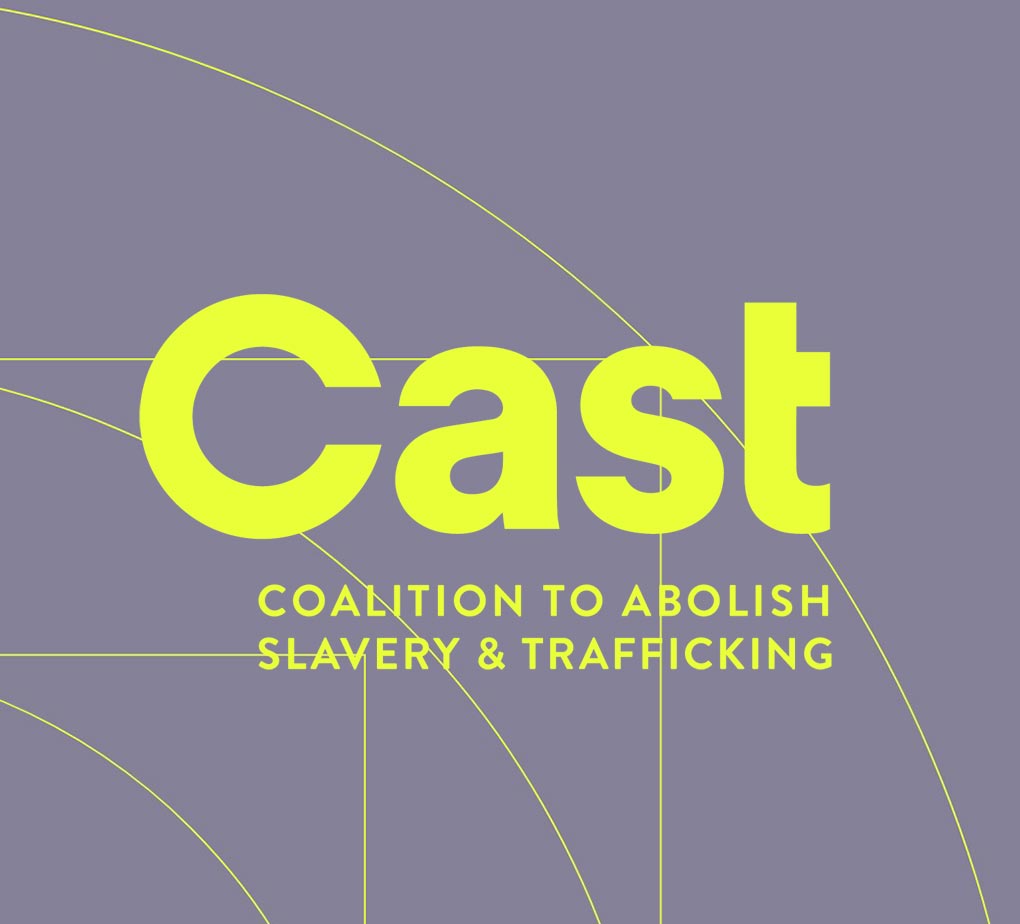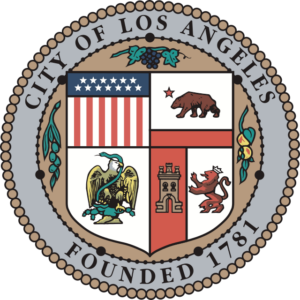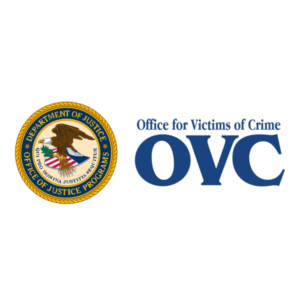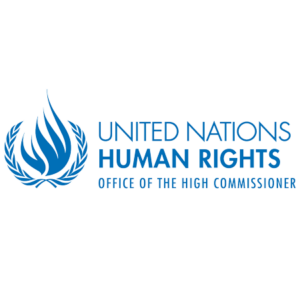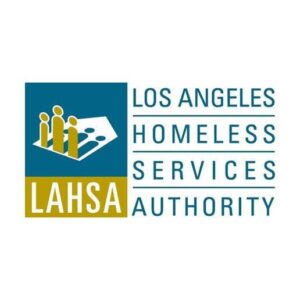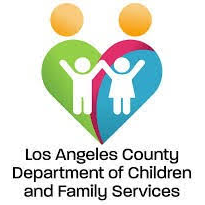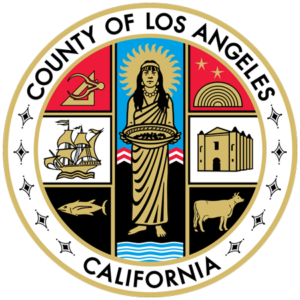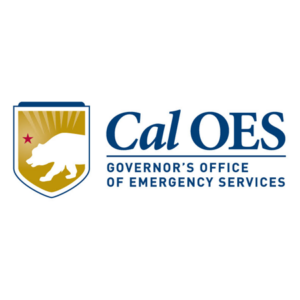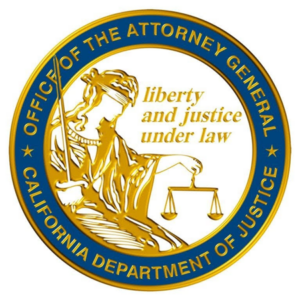Advancing a Human Rights Approach to Human Trafficking
Our Mission
Ending human trafficking through education, advocacy and empowering survivors.
Our
Values
Prioritizing Human Rights
Prioritizing policies and regulations that honor and protect the rights of all survivors.
Self-Determination & Dignity
Prioritizing the right to self-determination and dignity in services and justice, where survivors choose how or if they want to engage in services or the criminal legal system.
Learning & Sharing
Adopting a posture of learning, adapting and sharing what we learn with partners and other community members.
Equitable Access
Prioritizing equitable access to protection, services, support, and justice for survivors of human trafficking.
Accessibility
Creating accessible spaces and pathways as we work to end human trafficking.
Inclusion
Creating spaces that are inclusive, diverse, and where every person and voice belongs.
Anti-Oppression
Not contributing to or engaging in oppressive practices that are harmful to BIPOC, LGBTQIA+, immigrant, and other marginalized communities, working towards repairing harm as we learn and grow, and aiming to shift oppressive policies and practices where we can.
Human Rights
We firmly believe in and commit to equal rights for all people, thus we approach our work through a human rights lens. We prioritize policies and regulations that honor and protect those rights. In alignment with the UN Convention of Human Rights, we prioritize survivors’ rights and dignity, regardless of race/ethnicity/nationality, sexuality, age, gender identity, or industry of work. We prioritize equitable access to protection, services, and justice for survivors of trafficking. We prioritize the right for survivors to choose how or if they want to engage in services or the criminal legal system.
Diversity, Inclusion, and Belonging
We commit to cultivating and fostering spaces that are inclusive, where every person and voice belongs, and where Cast staff, board, and partners reflect the diverse communities we serve.
Learning
Over the years, we have learned that we need to listen to the diverse communities of individuals with lived experience, review data and outcomes, and continually adapt our approach to services and advocacy. As Cast moves forward, we continually commit to a posture of accountability, learning and adapting, and sharing what we learn with partners and other community members.
Accessibility
We commit to creating accessible spaces and pathways as we work to end human trafficking. Whether this means ensuring that information is easy to understand and accessible by all individuals, or ensuring services are accessible to all survivors including communities who have regularly experienced inequities in access such as, but not limited to BIPOC, immigrant, non-English speaking, LGBTQIA+, and disabled communities.
Equity and Justice
Cast acknowledges and deeply understands that systemic oppression leads to and perpetuates human trafficking, and that many of our existing systems in the United States endorse policies and practices that consistently harm BIPOC and other communities. We commit to carrying out our mission by not contributing to or engaging in oppressive practices that are harmful to BIPOC, LGBTQIA+, immigrant, and other marginalized communities, working towards repairing harm as we learn and grow, and aiming to shift oppressive systemic policies and practices where we can.
Who We Serve
Cast serves survivors of all forms of human trafficking (labor and sex) in Los Angeles County. Our policy, research, training and survivor leadership programs have national impact.
To date, we’ve served survivors from 91 countries.
Here are more details about survivors we served in FY2024 who reported their information.
Our Approach
Human trafficking is a human rights issue because it happens when basic human rights of freedom, autonomy, and human dignity are denied.
Human Rights
Oppression (of women, BIPOC, immigrants, the LGBTQ+ community, people with disabilities and other marginalized groups) is a root cause of human trafficking. Despite being victims, survivors of human trafficking in the US are often arrested for crimes they were forced to commit, which only increases their vulnerability and stops them from seeking help. Honoring and advocating for survivors’ human rights is key to ending human trafficking.
Public Health
A public health approach to ending human trafficking focuses on addressing its root causes—like poverty, lack of housing, and barriers to healthcare—while ensuring survivors have the resources to heal and rebuild their lives. Rather than relying solely on criminal enforcement, this approach embraces prevention, harm reduction, and community-driven solutions that create long-term safety and stability.
Trauma-Informed
Being trauma-informed is at the core of how we approach all of what we do at Cast. Being trauma-informed is recognizing the impacts of trauma and working to prevent re-traumatization. Trauma-informed care focuses on 6 core principles of prioritizing Safety, being Trustworthy and Transparent, Collaborating with partners to ensure survivors are not re-traumatized, Empowering survivors with their own voice and choices, Connecting Survivors together for support, and Recognizing the cultural and societal issues that impact our communities and survivors.
Survivor-Informed
To create lasting change, the movement to end human trafficking must be informed by those with lived experience. However, survivors of human trafficking face barriers to movement work, which led to the creation of Cast’s Survivor Leadership Program. Through client feedback and survivors’ recommendations, Cast ensures that our services, policy, research and training programs are impactful and lead to long-term change.
Our Story
In 1995, 72 Thai workers were discovered living in slavery and debt bondage in El Monte in Los Angeles, a shocking wakeup call that led to Cast’s formation in 1998.
Cast opened the first shelter in the US exclusively for trafficking victims in 2003. To date, we have served thousands of victims and their family members, and trained thousands of professionals to identify and serve victims. Cast was the first nonprofit to receive the Presidential Award for Extraordinary Efforts to Combat Trafficking in Persons.
Learn about human trafficking
Learn about what human trafficking is and who is at risk.

